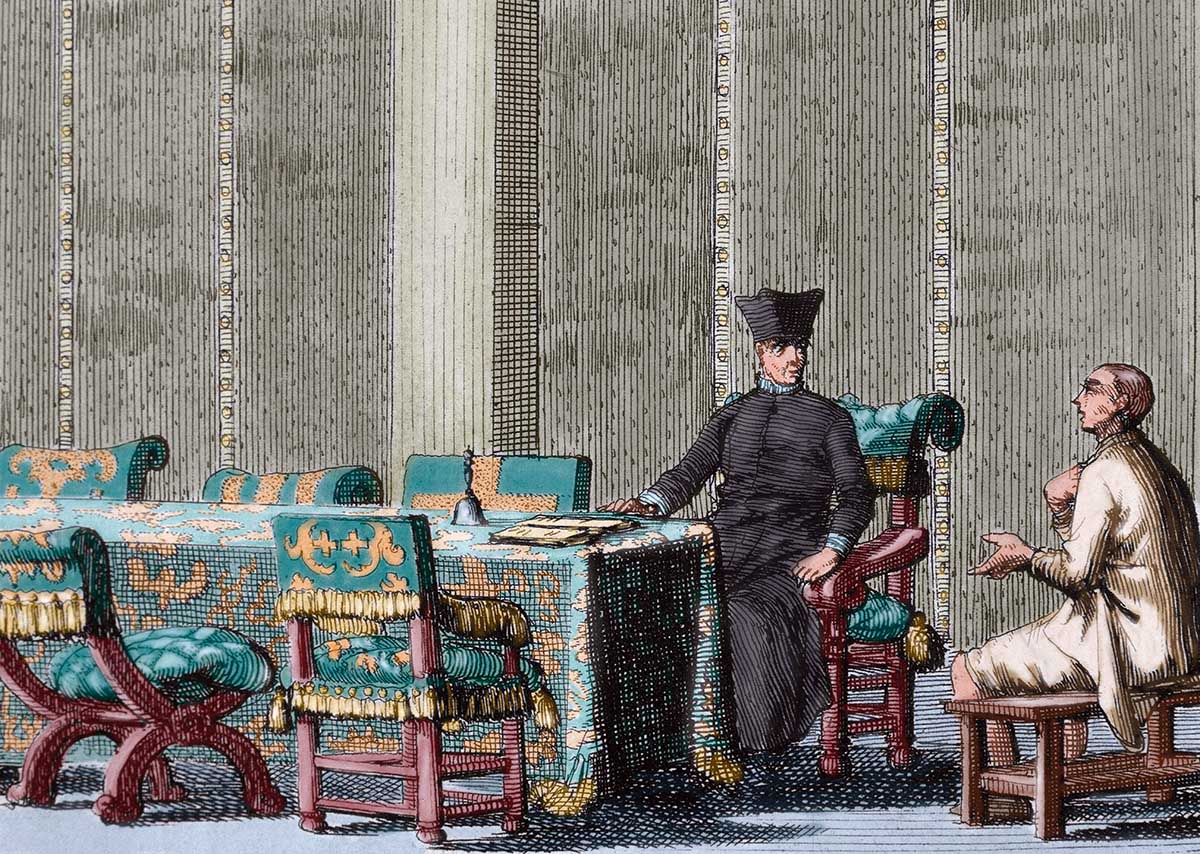The Inquisition’s Secret Weapon | History Today - 2 minutes read

In August 1556 a 24-year-old student from the Kingdom of Naples was boiled alive in a pot of oil, pitch and turpentine in Rome’s Piazza Navona. The student’s name was Pomponio Algieri. His crime was an error of belief. Algieri had publicly and persistently claimed that the Catholic Church taught lies, that the pope had no authority and that people should be free to join churches other than the Church of Rome. To our ears, Algieri’s ideas are relatively uncontroversial. But to the cardinals of the Roman Inquisition they could not have been more dangerous.
It was the mission of the Roman Inquisition to stem the spread of heresy: ideas that conflicted with the teachings and authority of the Catholic Church. In the early 16th century, heresy had become a critical issue in Europe, when Martin Luther refuted Catholic doctrine and declared the pope an ‘anti-Christ’. Luther’s ideas moved people from all strata of society to reject Catholic orthodoxy and papal authority. They also gave inspiration and momentum to other religious reformers. Soon Christendom was fractured into conflicting religious camps: the Protestant Reformation had begun. For those who embraced it, the Reformation had liberated them from the corruption, doctrinal perversion and grinding yoke of Rome. But, for those who remained loyal to the Holy See, Luther had destroyed divinely ordained hierarchies and condemned thousands of souls to the fires of hell.